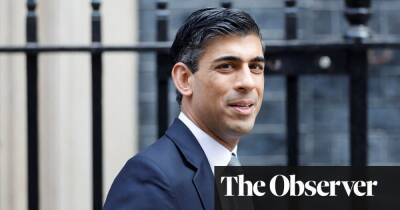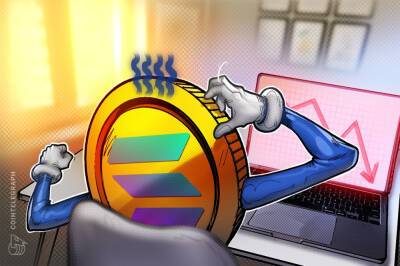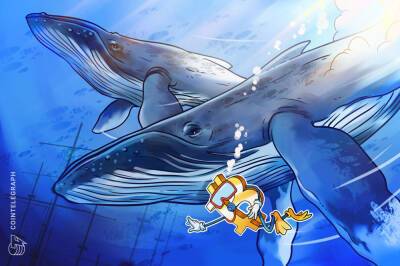Is the Ukraine war intensifying regulatory pressure on crypto firms?
Whose side are you on? The Ukraine-Russia war is forcing people to answer that question. For some in the crypto community, this can be uncomfortable because if an individual or project stands with the West against Russia, it also means it abides by sanctions. This can be tough to square with crypto/blockchain’s supposed decentralized system and its claims on being borderless, censorship-free and distributed.
Take OpenSea, the NFT marketplace, which really isn’t a decentralized project but is often described as such. “OpenSea is a decentralized peer-to-peer marketplace for buying, selling and trading rare digital goods,” according to CoinMarketCap, for instance.
But, when OpenSea recently banned Iranian users from using its NFT trading platform — explaining it was only abiding by United States sanctions law — it provoked outrage among some NFT collectors. Documentary photographer Khashayar Sharifaee tweeted:
I saw #OpenSea and #Metamask blacklisting and shutting down users on the sanction list.(countries like Iran, Cuba, Syria and so on)This was not the decentralized system! This was not the deal!
This raises questions: Is the public and governmental officials now more keenly focused on crypto-regulation, especially with the outbreak out of the Russia-Ukraine war? OpenSea incensed many in its community by banning Iranian users, but did it have a choice?
Further, while large United States-based crypto-related companies like FTX, Coinbase, OpenSea and Consensys have to abide by U.S. sanctions and regulations, what about decentralized projects without any easily identifiable headquarters, leaders or national affiliation. Will or can they comply, too, or do they get a pass?
Finally, there’s a longer-term question: Will we ever
Read more on cointelegraph.com


 cointelegraph.com
cointelegraph.com







![Sky Mavis - Is Axie Infinity [AXS] still in shock after two weeks of the Ronin hack - ambcrypto.com - city Santiment](https://finance-news.co/storage/thumbs_400/img/2022/4/9/21154_c5w5.jpg)











